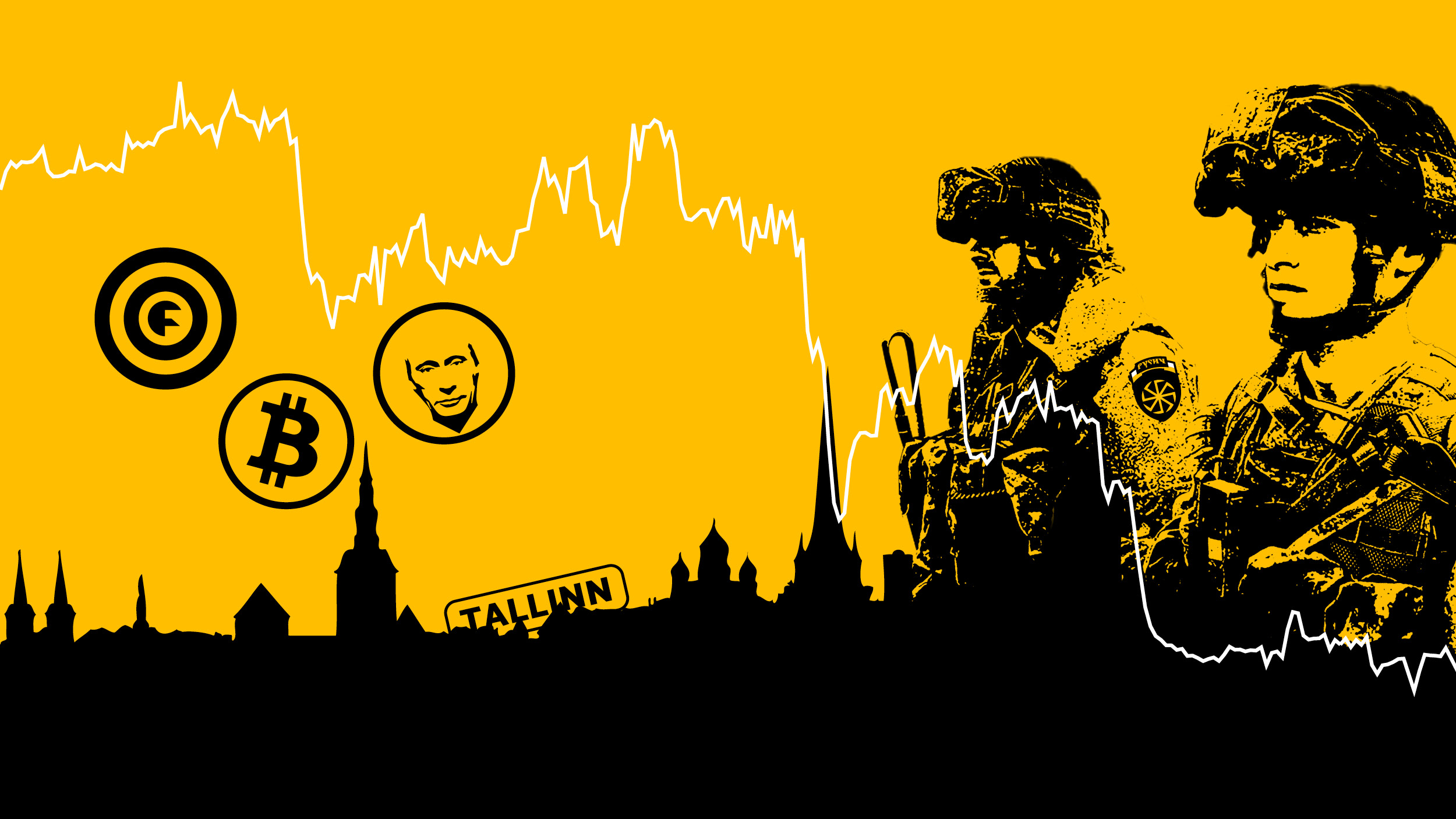“Tales from the Crypto” investigated how Estonia and Lithuania became global hubs for cryptocurrency companies – creating the perfect conditions for financial crime to thrive.
Adopting a regime of ultraliberal regulation, Estonia started issuing licences to crypto companies in 2017. By 2021, some 55 percent of all crypto firms in the world were registered there.
After Estonia started to tighten regulations, many companies simply moved offices to Lithuania, where regulation is still light and oversight lacking.
Such lax control has opened the door to fraudsters, cheats and money launderers, the joint investigation led by Delfi in Estonia and Siena in Lithuania found.
The team started by scraping the data of all 1,644 crypto companies that had ever received licenses to operate in Estonia. The data included shareholders and managers, dates of registration and applications for the license, dates when applications were revoked (if applicable), and so on. This allowed the journalists to start digging into the background of the companies and the people behind them.
Next, they combined this data with similar datasets from Lithuania and cross-referenced all the companies with crowd-sourced financial intelligence service Fintelegram for any existing public warnings.
After analysing the data, the journalists identified 291 companies with enough red flags to warrant further investigation.
Here’s our fresh investigation into how Estonia-registered crypto companies became the global hotspot of frauds, money laundering and sanctions evasion. The total of such financial crime exceeds 1 billion euros.https://t.co/B0ZqXU9Mjp pic.twitter.com/S6WkPjW4Jg
— Holger Roonemaa (@holger_r) October 4, 2023
Fraud and money laundering
They uncovered serious issues in more than 60 of the firms. All in all, the investigation revealed that Estonia-registered crypto companies were linked with more than a billion euros worth of financial scams, fraud, money laundering and other financial crimes.
The journalists also discovered that the majority of the crypto companies were created and sold to eventual owners by a handful of enablers — specific corporate service providers that acquired the necessary licenses, appointed local board members and anti-money-laundering (AML) specialists and offered letter-box addresses.
Even though regulations in both countries require crypto companies to appoint designated AML specialists, the journalists proved that the companies often appointed people who clearly lacked the skills and independence to do the job.
When Estonia finally started fixing its regulations, many of the companies moved to Lithuania where the same loopholes still exist. This highlights a larger issue: even when one EU country fills the gaps, it doesn’t solve the problem. The criminals just cross borders and continue scamming, defrauding and laundering.
The team
Delfi Estonia: Martin Laine, Oliver Kund, Riin Aljas, Marta Vunš, Marta Tuul, Holger Roonemaa
Siena.lt: Šarunas Cerniauskas, Viktorija Sinkevičiūtė, Miglė Krancevičiūtė, Benita Bliuvaitė, Miglė Kalinauskaitė, Mikhail Maglov
Frontstory.pl & Vsquare.org: Anastasiia Morozova, Mariusz Sepioło, Urszula Kifer
Paper Trail Media: Hannes Muenziger, Anastasia Trenker
The Kyiv Independent: Anna Myroniuk, Daniil Ukhorskiy
